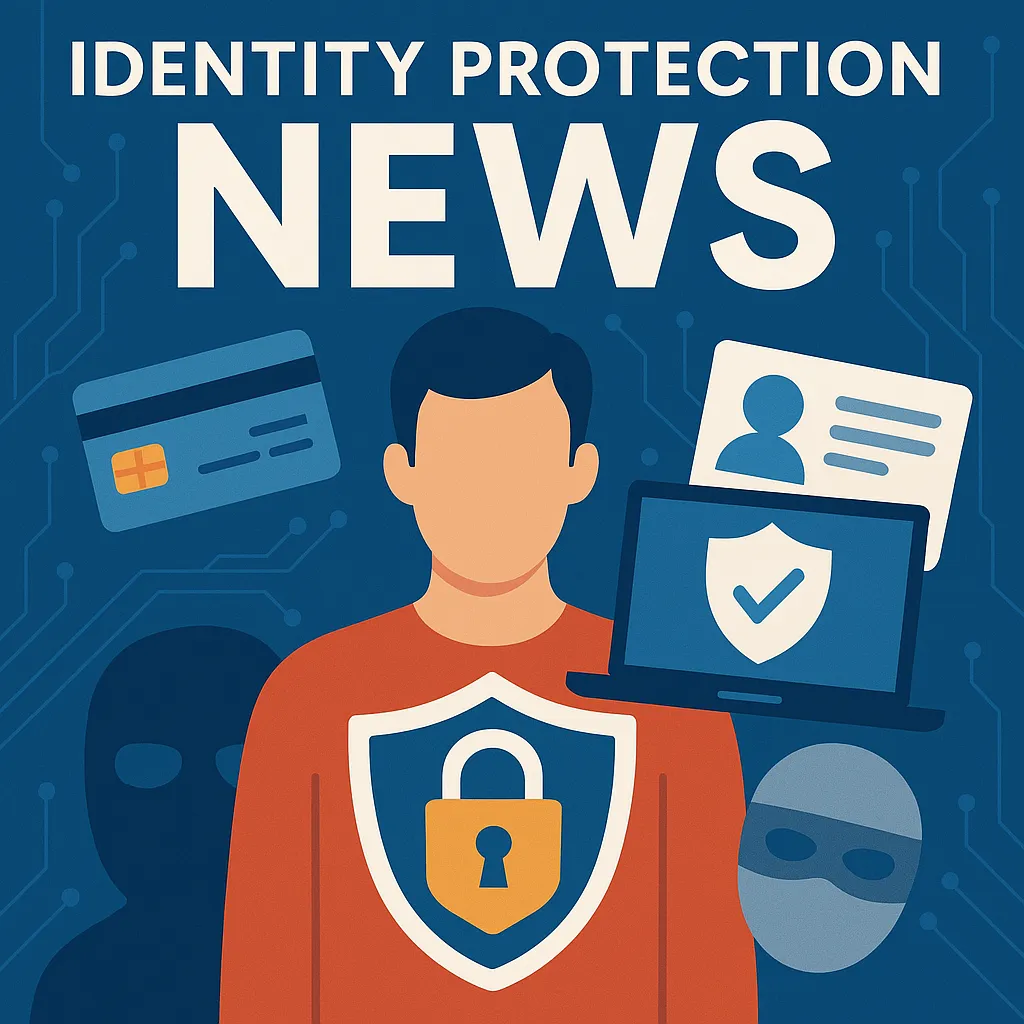Safeguard Your Identity: Strategies and Insights into Preventing Theft and Frauds
In a digital age characterized by endless information flows and tech-savvy criminals, the threat of identity theft looms larger than ever. Whether it's used to steal someone's credit, usurp their tax returns, or commit fraud in their name, the consequences of identity theft can be catastrophic and long-lasting. This comprehensive article seeks to demystify identity theft, equip you with prevention techniques, and guide you through recovery should you fall victim.
What is Identity Theft?
Identity theft occurs when someone wrongfully obtains your personal data in a way that involves fraud or deception, typically for economic gain. You might think of it as a thief stealing your wallet, but it's far more insidious and can remain undetected until serious damage is done.
Examples and Implications
Consider a scenario where a fraudster accesses your social security number and uses it to file for tax returns prematurely. Alternatively, one could use stolen credit card information to make unauthorized purchases or open new accounts in your name—actions that could ruin your credit status.
Recognizing the Signs of Identity Theft
Some of the most common signals include unexpected bills, charges that you don't recognize on your statements, or notifications about tax filings or accounts in your name that you didn't initiate. For insights into recognizing these signs, visit USAGov's identity theft page.
Preventive Measures
To safeguard yourself, consider various proactive strategies. Obtain an Identity Protection PIN (IP PIN) from the IRS, which provides an extra layer of security for your tax records. Regularly monitor your credit reports and bank statements, and use strong, unique passwords for online accounts.
Steps to Recovery
If you suspect identity theft, immediate action can mitigate damage. Start by reporting the theft to IdentityTheft.gov, where you can find step-by-step recovery advice. Additionally, contact affected institutions directly, and consider placing a fraud alert on your credit reports. For tax-related identity theft, also refer to the IRS's Identity Theft Central.
Closing Thoughts
While recovering from identity theft can be daunting, taking swift and thorough action can significantly reduce its impact on your life. Stay informed, stay vigilant, and protect your personal information with the seriousness it demands.
